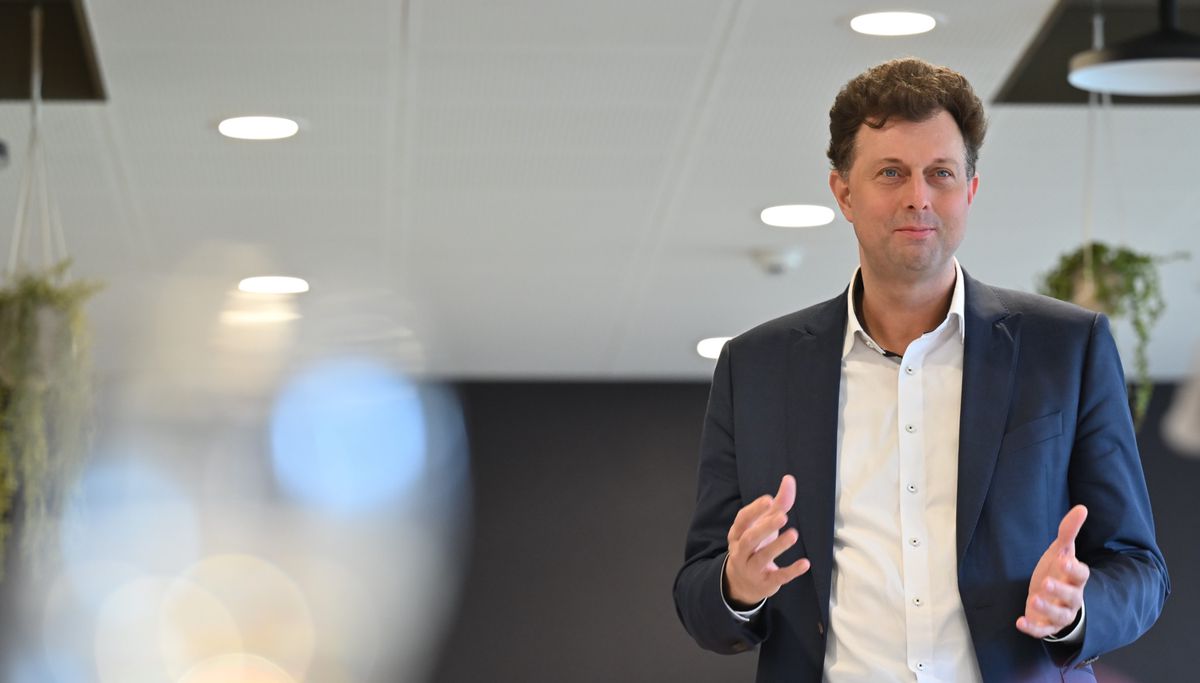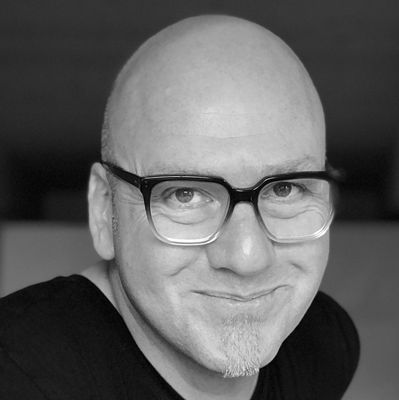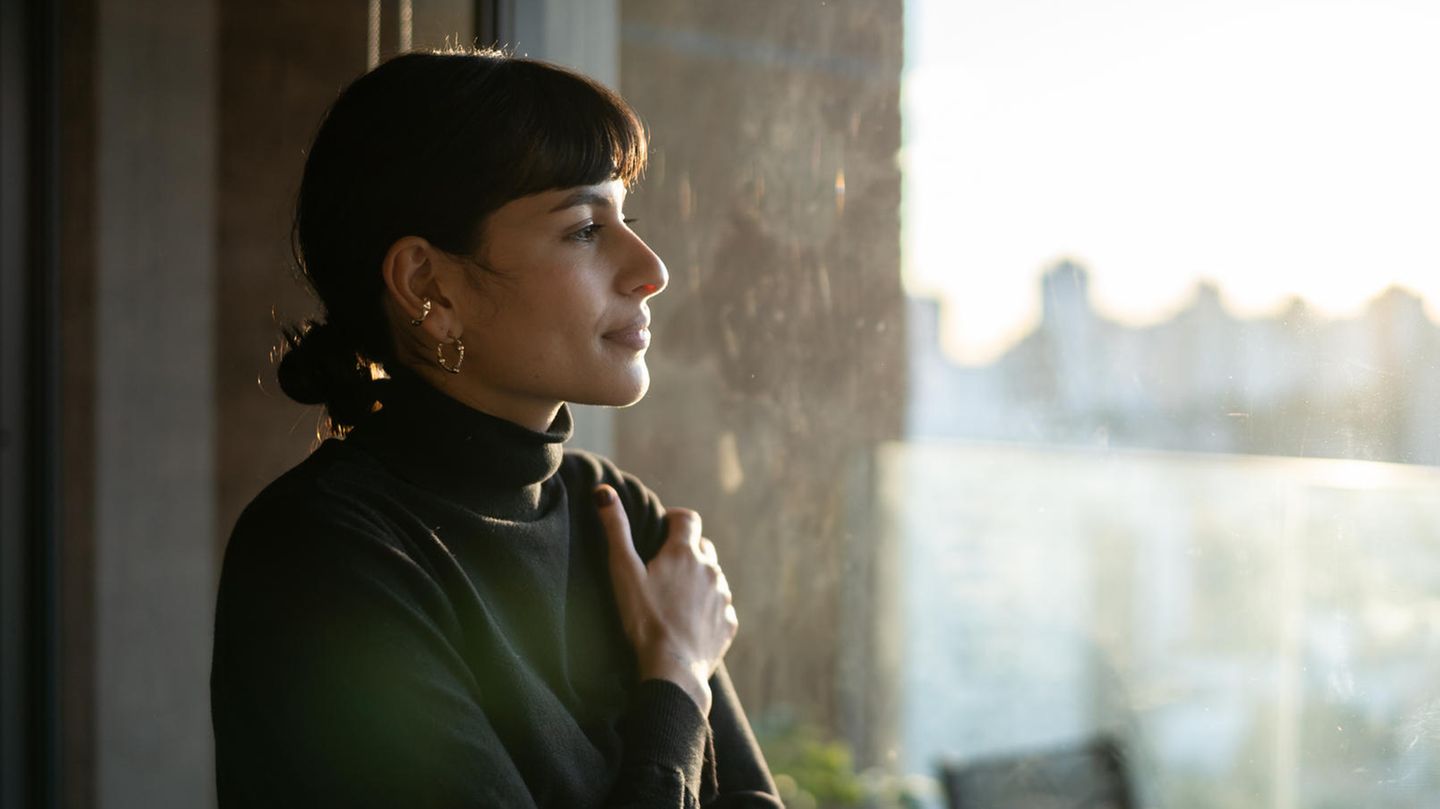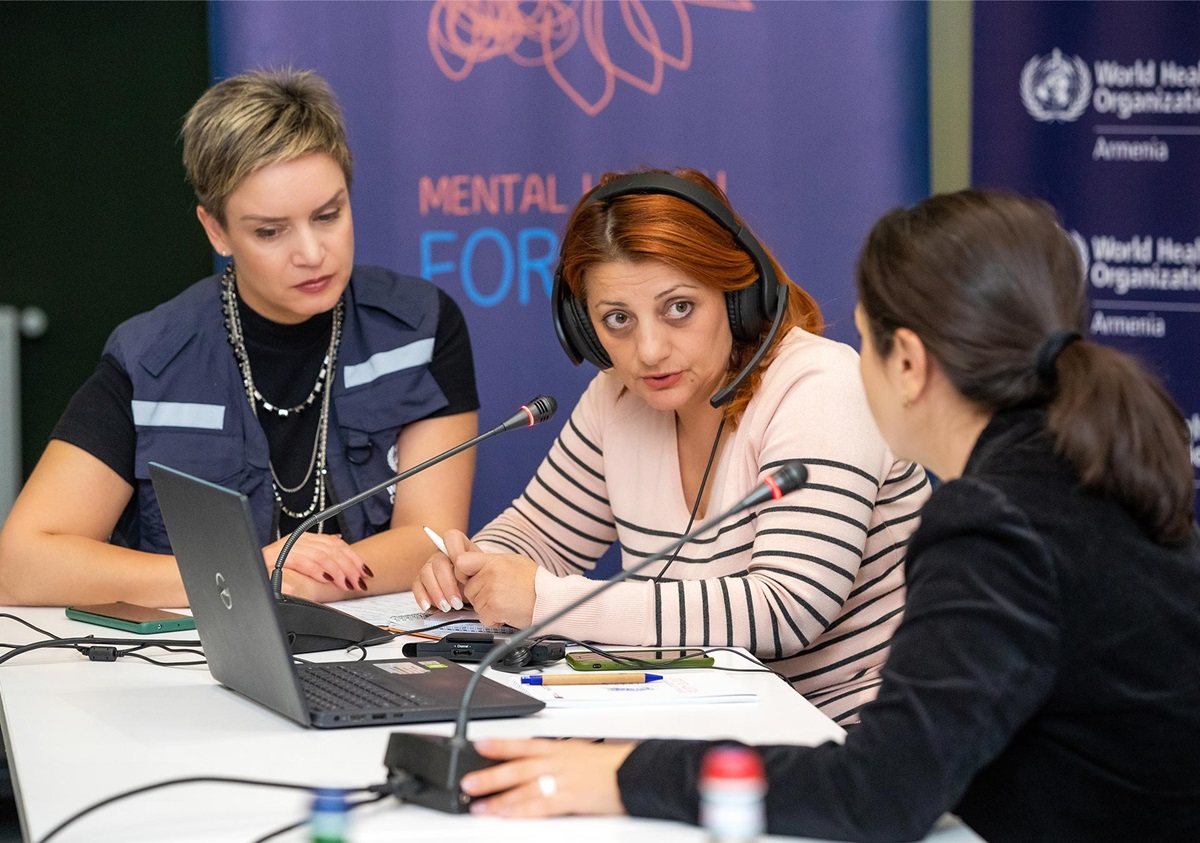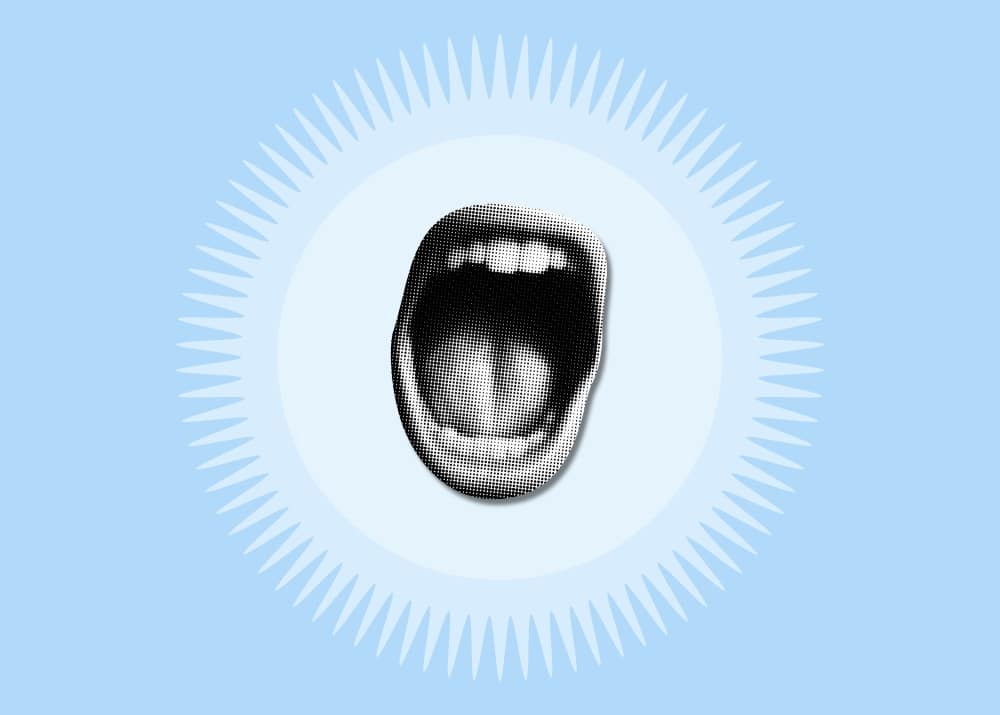“Young people’s vision of the future is apocalyptic”
Opened five months ago, the psychiatric center for young adults in Thun has been fully booked since the beginning. Chief physician Stephan Kupferschmid explains why.
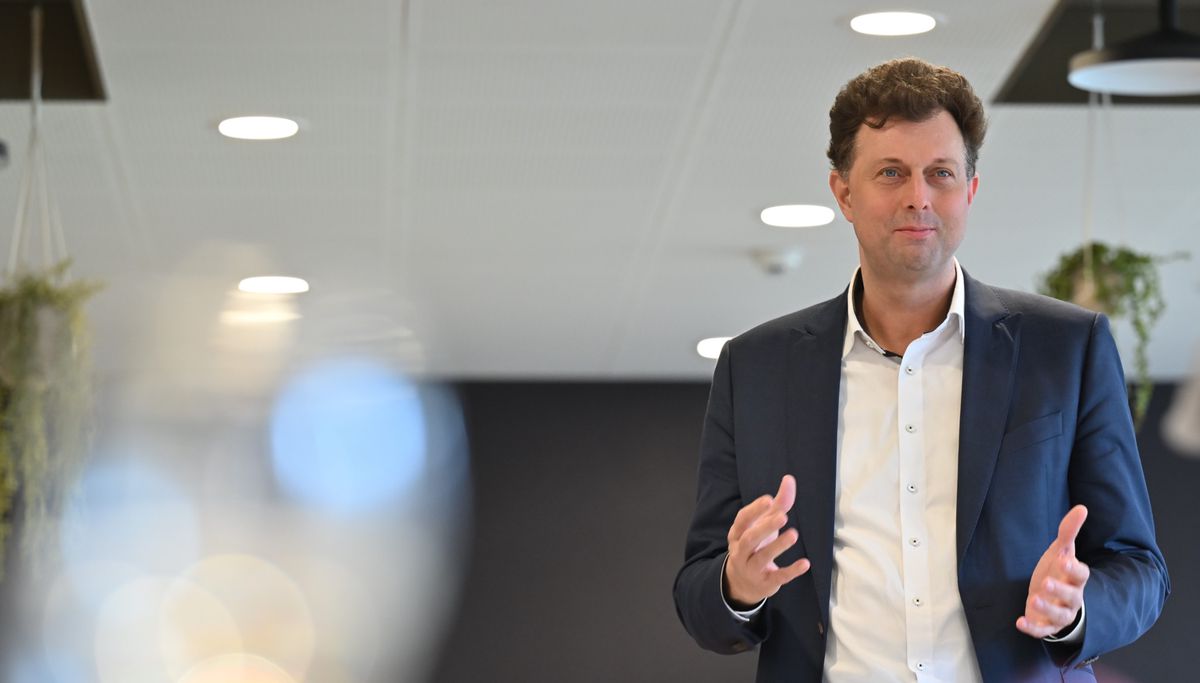
Stephan Kupferschmid, chief physician of the psychiatric center for young adults in Thun: “The focus on mental health has become much greater in recent years.”
Photo: PD
Gas is pumped and food and sporting goods are sold at Frutigenstrasse 36 in Thun. Since the beginning of the year, young people with mental illnesses have also been helped at this address.
The Meiringen Private Clinic operates the PZJE – the psychiatric center for young adults – in Hohmadpark. The offer for 18 to 25 year olds is unique in the canton. Chief physician and center director Stephan Kupferschmid explains why this alone is not enough.
Mr. Kupferschmid, why is there a need for a psychiatric center for young adults?
Stephan Kupferschmid: Because the focus on mental health has become much greater in recent years – and young people in particular are more affected. Science is not yet sure whether the number of mental illnesses is really increasing, but the proportion of people seeking help is definitely increasing.
With what consequences?
This leads to long waiting lists and often to the lack of suitable treatment options. Crisis interventions are a frequent occurrence because long-term planned therapy is not possible.
“I think that today’s generation as a whole no longer has such a positive view of the future.”
Why are more and more young people dependent on help?
The increase has been clear for around 15 years, so it is not just due to the pandemic. The effect will become more pronounced over the next ten to twelve years. You can look at it through the negative lens and say that young people are in a multi-crisis – we have climate change, corona, wars, so generally more stress factors. However, I believe that the generation today no longer has such a positive view of the future. How old are you, if I may ask?
50 years old.
I am two years younger. For me, “Star Trek” was a formative TV series in my youth – “Next Generation”: a positive vision of the future, a lot is possible technically, a united world in which people try to live together peacefully. That is not the vision of the future of today’s youth, it is more apocalyptic. In many media and computer games, apocalyptic themes are mainstream and no longer “Star Trek”. That has changed.
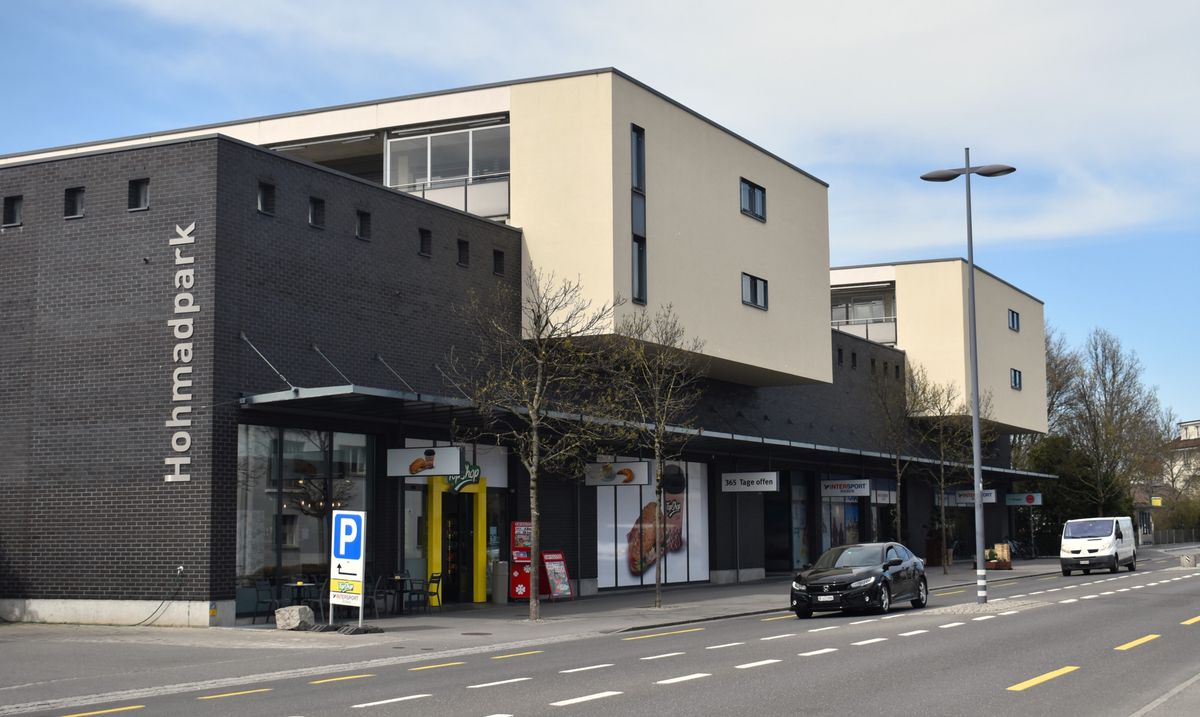
The innovative psychiatric center is located in the upper rooms of Thun’s Hohmad Park.
Photo: Jürg Spielmann
What role does the digitalized world play?
Social media is an exciting factor. 80 percent of young people cope well with it, 20 percent don’t. They are more likely to come to us for treatment.
The Sunday press dubbed the PZJE a “Tiktok clinic”…
(laughs) Yes, I spoke about social media there. It certainly plays a role in the issue of mental health. The catchy title was probably chosen because of better sales. But we don’t have a specific treatment program for Tiktok addicts. However, we see that people with depression or anxiety disorders spend ten or twelve hours of screen time a day. Tiktok can also be an issue there.
But does online addiction exist?
Non-substance-related addictions are an issue, yes. There is internet addiction, but it doesn’t affect that many people. We see those who, as a secondary consequence of depression or another mental illness, watch a lot of Netflix, lose themselves on social media, or no longer maintain real contacts.
What are the most common illnesses you encounter in young people?
Depression, anxiety disorders and personality disorders are the major issues, followed by addiction disorders and psychotic conditions.
The pandemic hit young people particularly hard, as their turbulent youth phase was suddenly interrupted. Agreed?
There were significantly more crises during the pandemic, yes. At the Children’s Hospital in Zurich, for example, twice as many suicide attempts were treated as before. Overall, the burden has increased, the feeling of stress, but in return, the willingness to seek treatment and ask for help has also increased. Mental illnesses are no longer as stigmatized as they used to be. The pandemic has also contributed to people talking about them more.
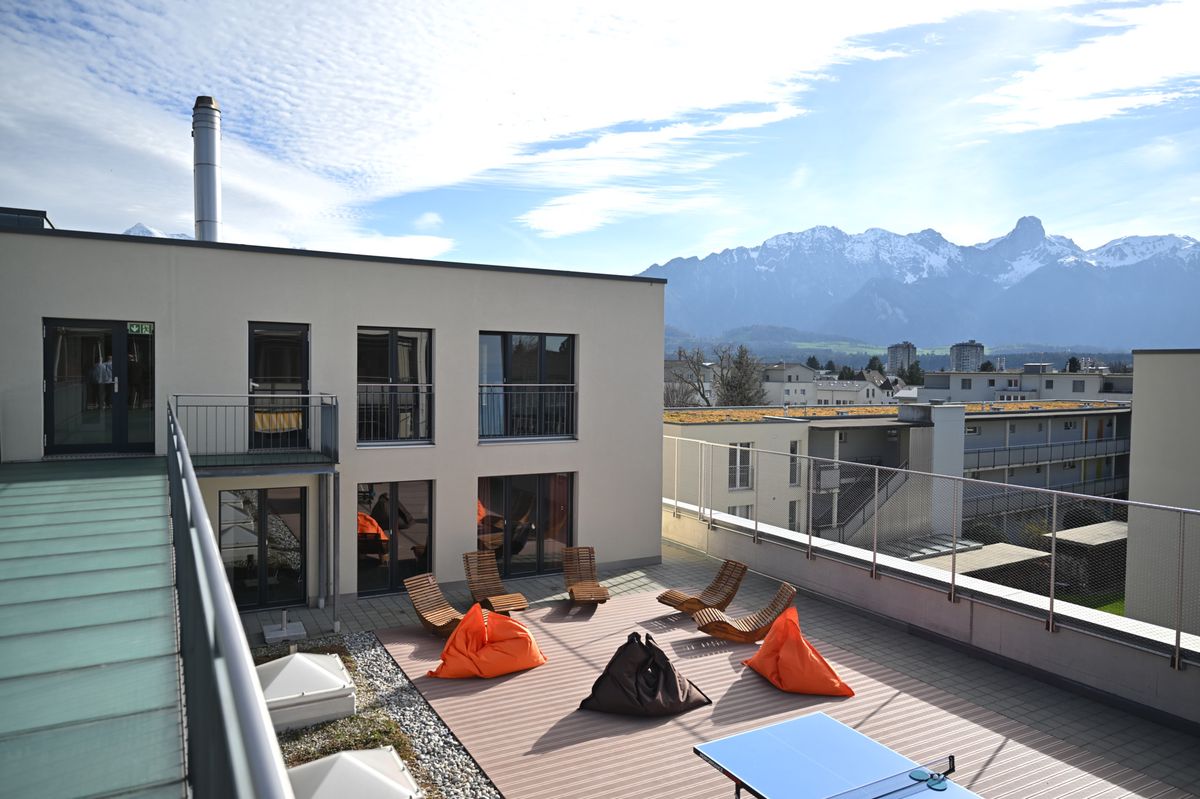
The design and equipment is tailored to the needs of the young patients. Here is the secure outdoor area.
Photo: PD
A positive Covid-19 effect…
Exactly – mental health has become an issue.
The pandemic feels far away. Has the situation calmed down again?
We don’t have good figures because registrations in Switzerland are not recorded centrally. My impression, however, is that the waiting lists are still long; no, there is no easing. Offers that have been newly created in other cantons are all at full capacity.
How long do I have to wait?
There are waiting times of up to a year for outpatient assessment of children and adolescents. This is information from Zurich, but is likely to apply to many cantons.
“We need more services like our psychiatric center for young adults.”
What is the demand for your 30-bed facility?
Capacity is 100 percent. The beds that we gradually opened as a newly formed team at the beginning of the year were always occupied. Demand is very high, and we already have a waiting list – patients sometimes have to wait several weeks for an appointment.
Are there more offers like the PZJE needed?
We do provide inpatient treatment, but a good portion can also be treated on an outpatient basis. There is a need for more such services, yes. Ultimately, it is a question of financing and specialists. If we are looking for a senior physician, we will have a very difficult time because Switzerland trains far too few specialists in nursing, medicine and psychology. We are fishing in an empty pond.
What do you treat at the center?
We offer integrated psychiatric-psychotherapeutic diagnosis and treatment. Specialists often refer patients to us because they are no longer making progress with outpatient treatment.
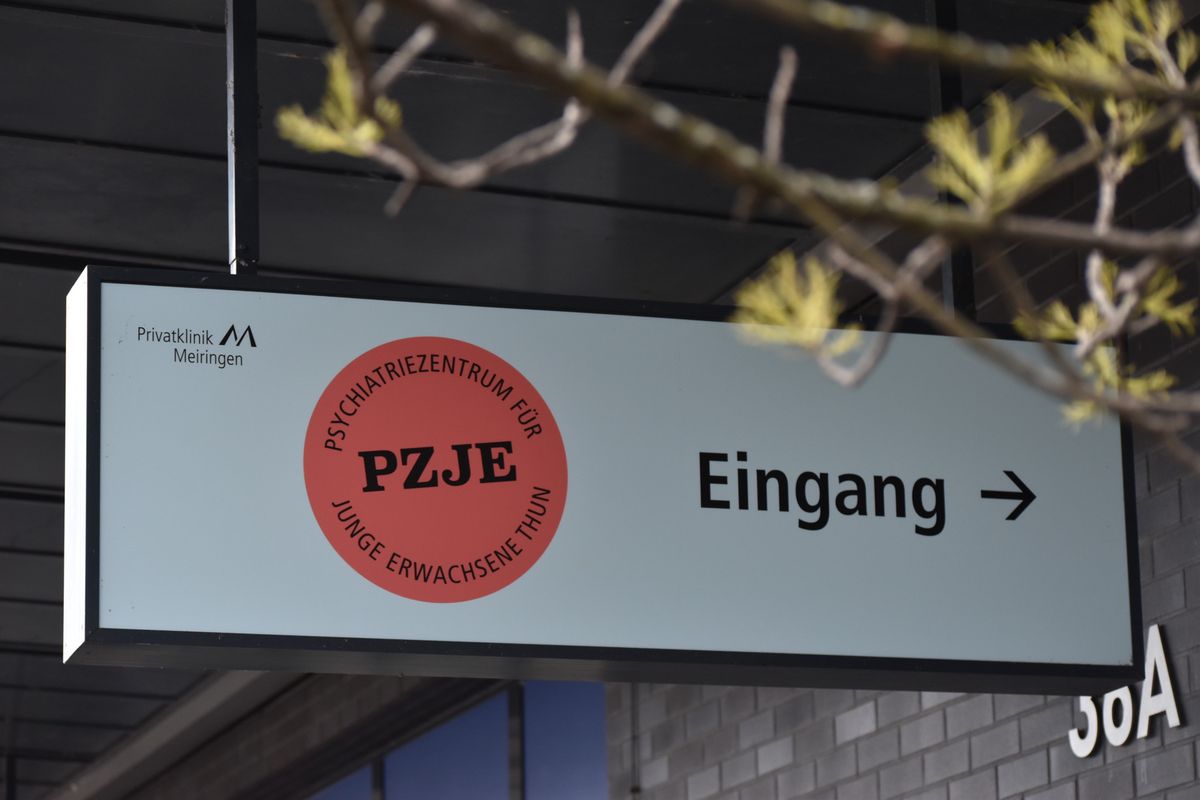
Inconspicuous entrance at Frutigenstrasse 36 in Thun: The psychiatric center for young adults has been welcoming patients since January 8th – and is always at full capacity.
Photo: Jürg Spielmann
How long does a young person stay with you?
We tell our patients that many issues require eight to twelve weeks. Time is needed for discussions, observations, gathering existing findings and possibly additional diagnostics before therapy can begin. Even when we recommend medication, it takes time. For the patient to be informed and to weigh up the pros and cons. If you start administering medication, it does not work from day one. Our psychotherapy groups – we work a lot in group therapy – often have eight modules over eight weeks. Individual therapy takes place twice a week, and group therapy three to four times a week. The young adults should learn how to organize their everyday lives independently – including through sport, music or painting.
“The patient himself must want to work on himself and his problems or goals.”
Where do you reach your limits?
Always where the patient shows little motivation to change. We need 51 percent motivation. Ambivalence is normal, but if someone comes to us with cannabis consumption problems and cannot stop smoking during their inpatient stay, at some point you have to say: This doesn’t make sense, maybe the right moment hasn’t come yet.
And who can exert influence?
In this age group, it is common for third parties – such as parents, a partner or a teacher – to have a strong motivation for change. But that is of no use to us; the patient himself must want to work on himself and his problems or goals.
The first step is always the most difficult. How do young people affected proceed?
Burnouts, depression, anxiety disorders: most sick notes today are for psychological reasons. We are currently experiencing a change that has to do with our world – we work a lot with our heads, less and less physically. It is very important for young people to be proactive and to inform themselves when they feel stressed. They must become experts in their own affairs and seek help. This can be from their family doctor or pediatrician, who also deals with psychological issues.
Stephan Kupferschmid (48) is a specialist in child and adolescent psychiatry and psychotherapy and originally comes from the Würzburg region. He worked for a long time at the University of Bern, where he not only completed his training but also wrote his doctoral thesis.
The week in the Thun region
Get information and stories from the Thun region.
Found an error? Report it now.

